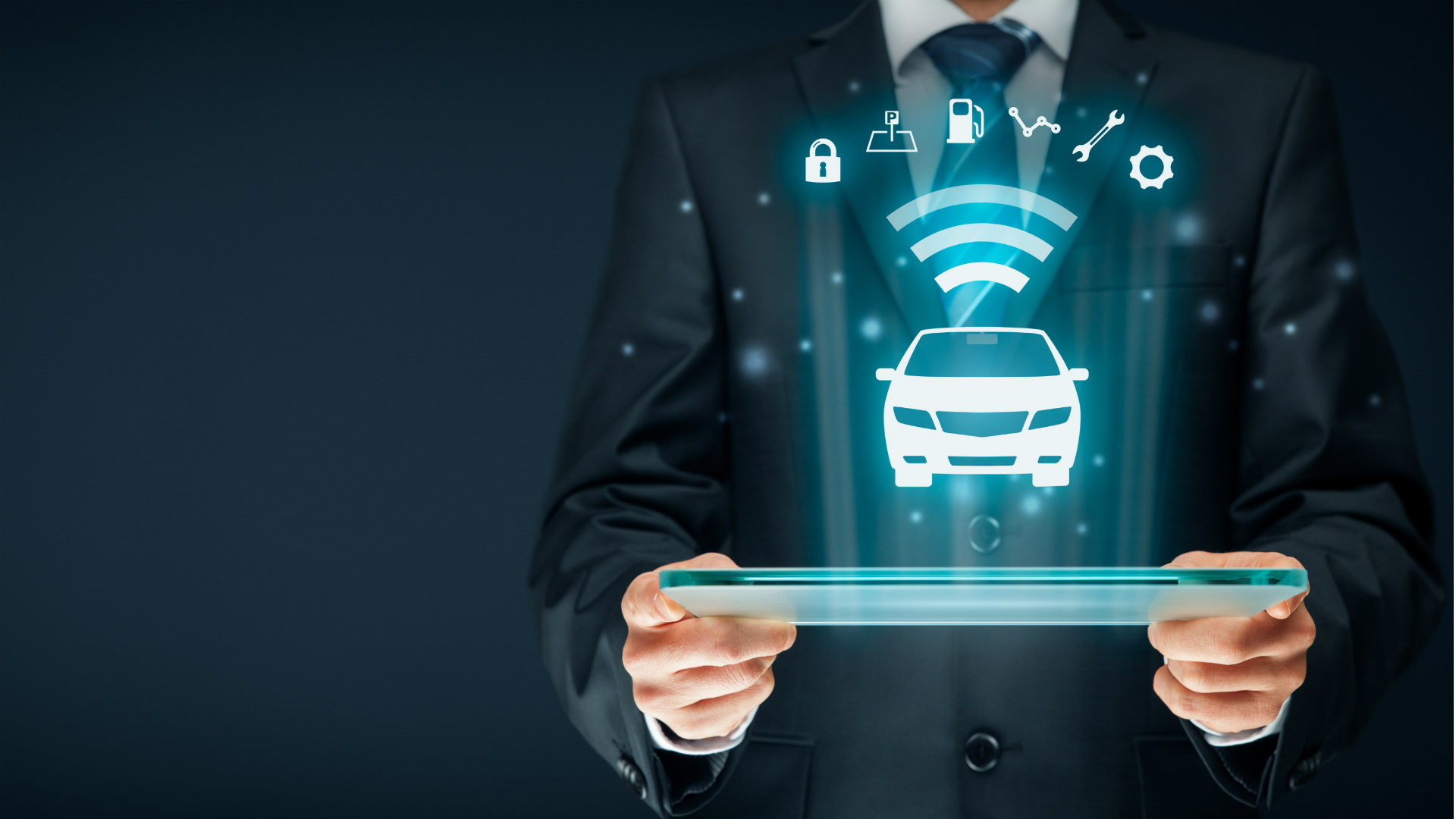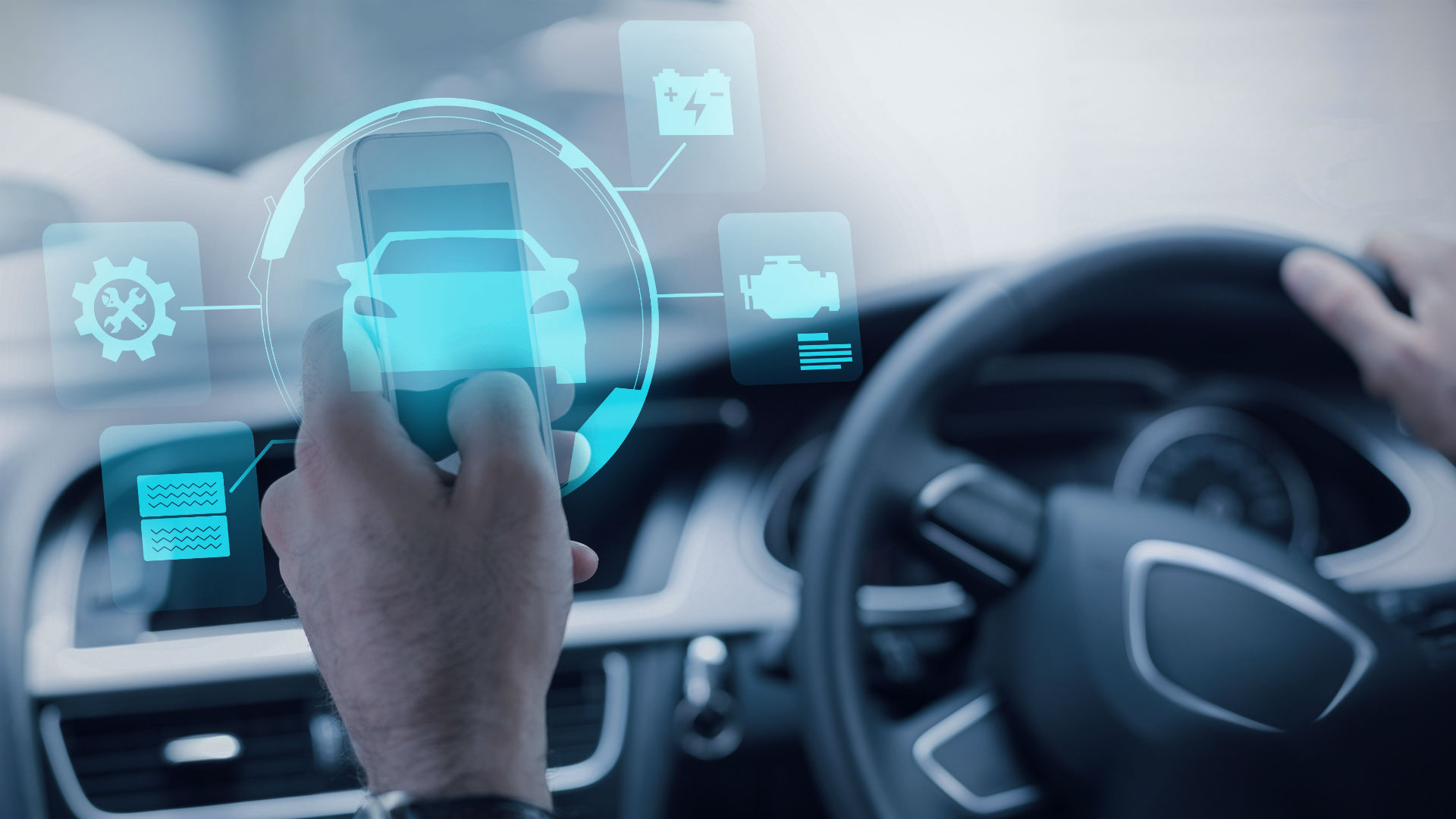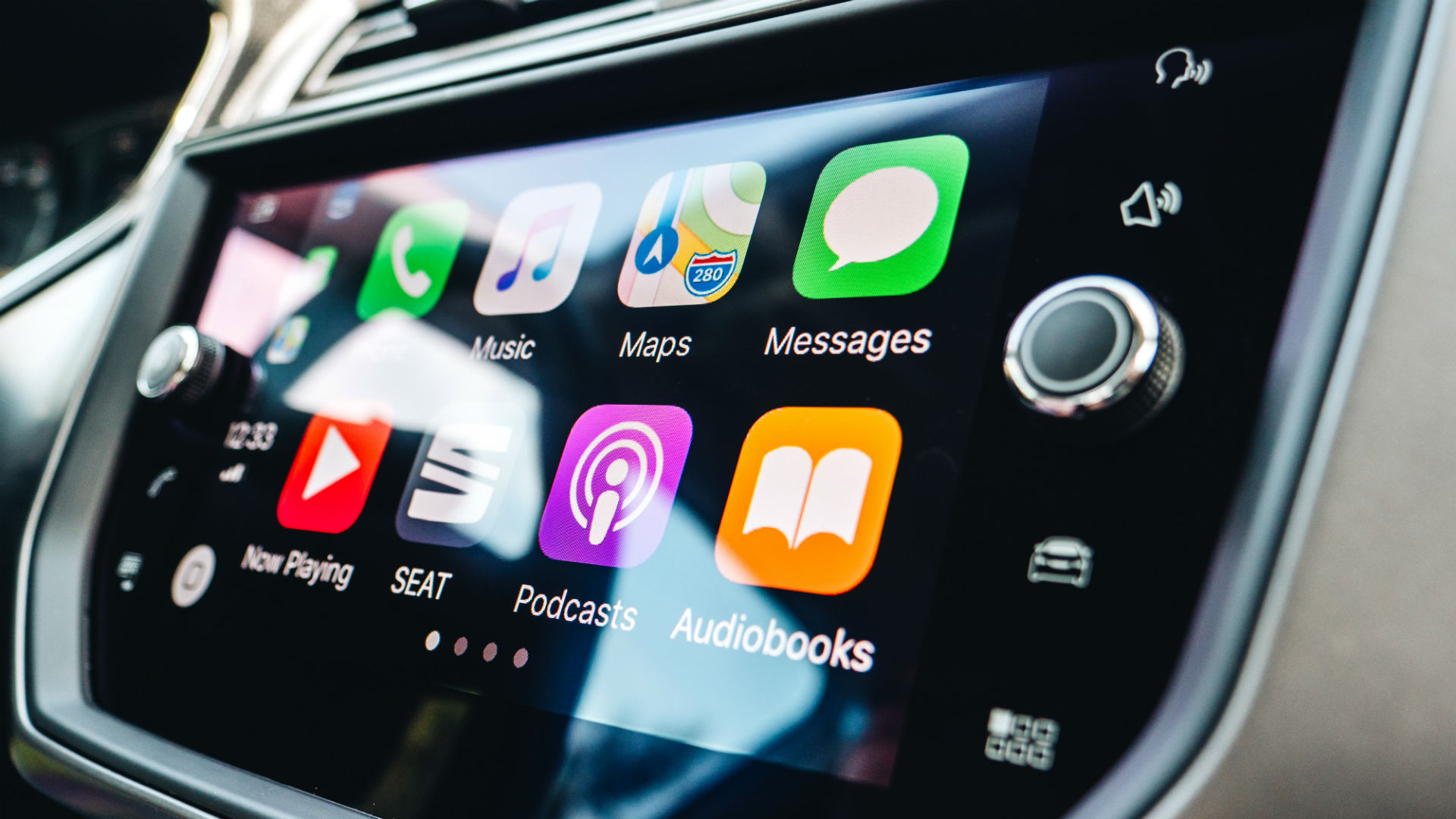
Right now, around two-thirds of new cars registered in the UK are connected. This means they’re sending data about the driver and the vehicle to the manufacturer.
The number will rise year-on-year until 2026 when 100 percent of new cars sold in the UK will be connected. That’s according to figures from the Society of Motor Manufacturers and Traders (SMMT).
As of late 2017, there were around nine million internet-connected cars on UK roads. The global number varies depending on the source, but a report by software company SAS says that the total will hit 152 million in 2020.
The combination of aftermarket devices and new car features could mean that this rises to TWO BILLION connected cars by 2025. According to IHS Automotive, the average car will will produce up to 30 terabytes of data every day.
In theory, this should benefit motorists, manufacturers, fleet managers and other road users.
For the motorists, there’s the promise of a personalised infotainment system, a car that learns their individual preferences, navigation systems that adapt to prevailing traffic conditions, and improved safety via car-to-car data sharing. Safe drivers could even be rewarded with cheaper insurance premiums and retail offers in exchange for good driving.
Whether the motorist needs or even wants this level of connectivity is up for debate, but the bigger issue is the lack of knowledge surrounding the data that’s being sent to manufacturers and third parties. Most of us have little understanding of what’s being collected and for what purpose.
Computers on wheels

We need to start viewing new cars as computers on wheels. GDPR (General Data Protection Regulation) has made us more wary of data harvesting – ticking or unticking boxes when we visit a website has become part and parcel of internet browsing.
It’s a similar story with smartphone apps. Last year, researchers at Oxford University analysed a third of apps available in the Google Play Store. The median app could transfer data to 10 third parties, with one in five apps able to share data with more than 20. The difference here is that there tends to be a much clearer line of communication concerning privacy settings and what your data is used for.
There are two primary issues: consumer understanding of what data being harvested and what happens to the personal data when the car is sold.
Tackling the first issue, Michael Alsemgeest, chief digital officer at LeasePlan, is calling for greater clarity. “It is madness that, in times of GDPR, your car can still collect virtually all the data it wants. Drivers need to be much better able to give informed consent or not to collect data from their vehicles.
“That doesn’t have to be difficult. After all, every time you download an app, you have the choice whether or not to agree that the data of the app is shared with third parties.”
Read the terms and conditions

Regarding the ability to disable data when a car is sold, the National Cyber Security Centre says “many car manufacturers and dealers state this in their terms and conditions.
“However, some customers may not read them that closely and fail to delete their personal accounts and access. When the car is then sold on, the previous owner can track and monitor the car’s location and other data without the new owner’s knowledge.”
There are many examples of a previous owner remaining connected to a car weeks and months after selling it, along with instances of when dealers and manufacturers were less than forthcoming in the battle to disconnect the car.
It’s not just private cars. Data can be harvested by rental vehicles, pool cars and those in car-sharing clubs. Sync your smartphone or use an aftermarket app, and that knowledge is shared with the manufacturer and/or third party.
Michael Alsemgeest wants the data to be handled by a neutral third party. “The data of these smart vehicles must not end up in a black box that is controlled solely by the vehicle manufacturer.
“It would be better if the data were instead sent to an intermediary platform, a ‘neutral server’. These servers would then be operated and financed not by the manufacturers, but by an independent party.
“In addition, they only provide aggregated data insights, thus protecting the privacy of individual drivers. Using a neutral server would allow motorists to be able to decide for themselves what data they want to share and with whom, such as the manufacturer, the maintenance engineer or another service provider.”
Saving lives and creating jobs
There’s no doubt tconnected cars can benefit the automotive industry. The SMMT says the connected and autonomous vehicle (CAV) industry will save 3,900 lives, create 420,000 new jobs and generate £62 billion for the UK by 2030.
For organisations, the opportunities are immeasurable. From enhanced driver knowledge to on-the-move vehicle diagnostics, organisations will benefit from streamlined services, improved customer targeting and potential cost savings.
For the motorist, a greater awareness of data collection and privacy issues is required. This starts with more transparency of how, when and why the data is being used – and by whom. Consumers must also begin to treat a new car like a smartphone, tablet or any other connected device, especially when it is sold.
[…] fact, two-thirds of new cars registered in the UK today already are connected, according to the Society of Motor Manufacturers and Traders (SMMT). Such connectivity is great for advanced telemetry services, over-the-air updates, and delivering […]